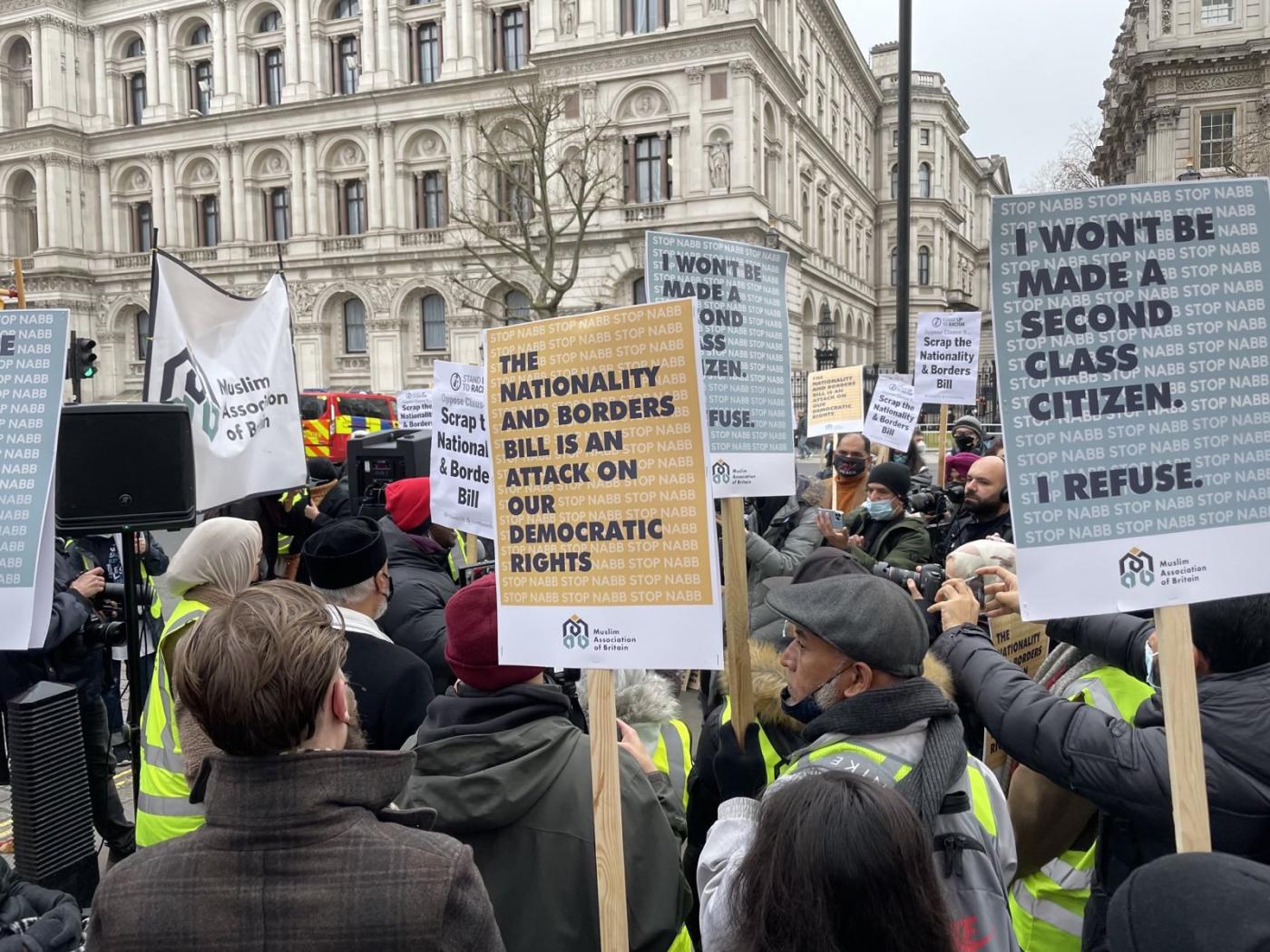The international conference “Islam in Europe: Which Model?” was recently held in Casablanca the 20th and 21st of June within the framework of a series of conferences and meetings organized by the Council of the Moroccan Community Abroad (CCME or Conseil de la Communauté Marocaine à l’Etranger). The conference called into question Islam and Muslims in Europe and their capacity to adapt to European society, particularly vis-à-vis Western notions of freedom, democracy and secularism. A similar conference took place in Fez a few months earlier examining the juridical status of Islam in Europe.
The more than twenty presentations in Casablanca focused on three topics:
First, the geography of Islam in Europe. Several papers examined the historical geography of Islam in Europe with reference to the Andalusian model. This topic also allowed for discussion on the linkage in contemporary Europe between immigration and Islam and the silence on converts within the country of reception. Lastly, there was discussion related to the difficulties of young Muslims in Europe to maintain a “correct” approach toward Islam, particularly with the rise in popularity of extremist views.
Second, relationships and religious practices. Other speakers emphasized the challenge of individualism in Europe on their religious faith and practices. One example is the notion of “secular Islam” currently being touted by some European thinkers. Some activism on this front has been mobilized, particularly related to rituals which have gone beyond the mosques to ethnic and national spaces of Muslims in Europe. Relationships are mostly hindered by a lack of knowledge of Islam by non-Muslims. Some progress on this front has been made by satellite television and the internet, but more formal structures are necessary to give a positive model of Muslims in Europe. Concern was voiced about how, for instance, a focus on the hijab has silenced the broader situation of Muslim women in Europe.
Third, young people. On this topic, papers emphasized education, in both familial and organizational contexts. Some suggested the need to pay homage to Muslim cultural sources in pedagogy to ensure Muslim values.
The conference also considered the space of the Moroccan model to contribute to the construction of the presence of Muslims in Europe, especially related to its openness, pluralism and the acceptance of the other.






